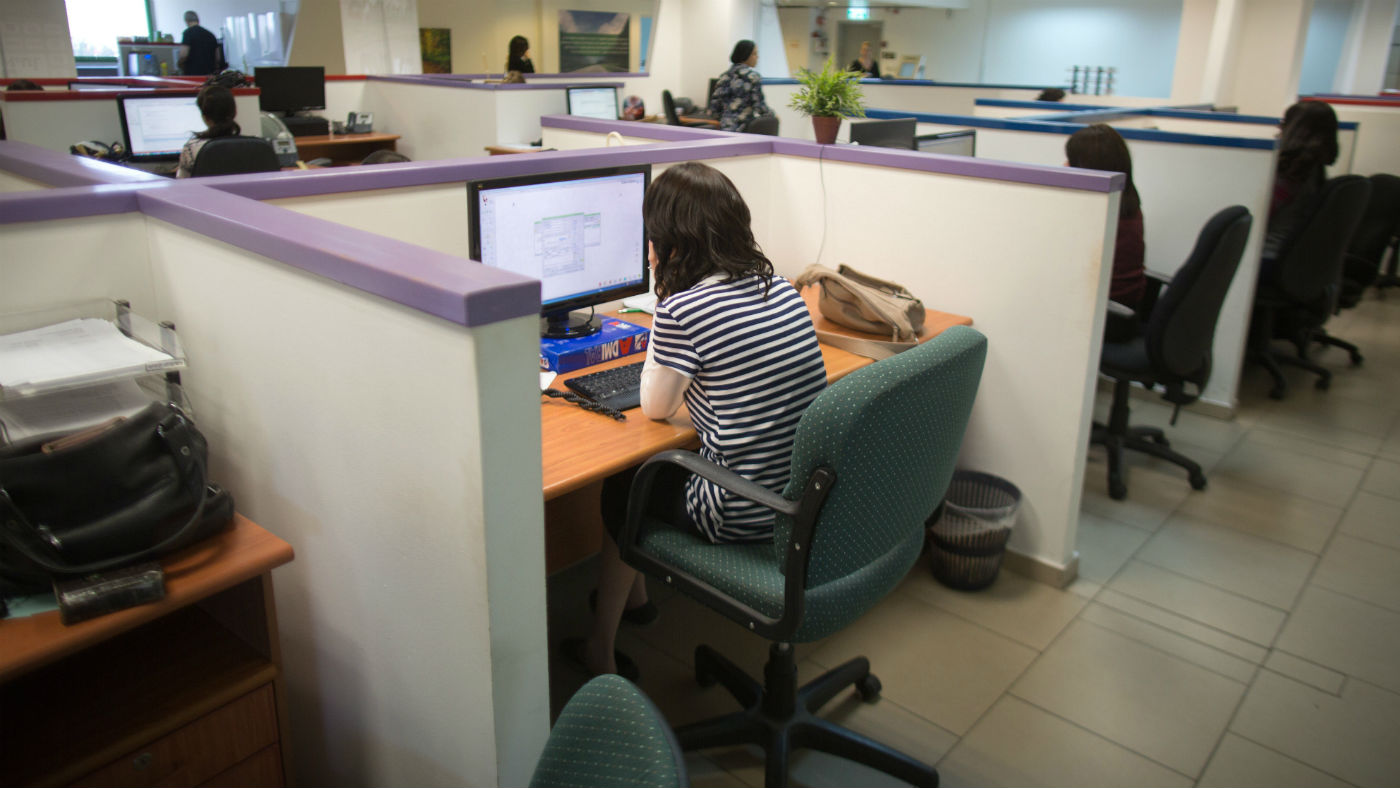British workers at risk from rising ‘presenteeism’
Employees, already working 30 minutes more per week than a decade ago, are putting in ever more overtime to impress their bosses

A free daily email with the biggest news stories of the day – and the best features from TheWeek.com
You are now subscribed
Your newsletter sign-up was successful
A new study has found that office workers in Britain are putting in an extra 17.2 unpaid hours every month, but not necessarily increasing productivity.
Maxis Global Benefits Network, which carried out the research, has warned employers to encourage performance rather than time spent working.
“Unhealthy or stressed employees are a cost in terms of decreased productivity, rapid staff turnover, increased healthcare costs and absenteeism,” it says.
The Week
Escape your echo chamber. Get the facts behind the news, plus analysis from multiple perspectives.

Sign up for The Week's Free Newsletters
From our morning news briefing to a weekly Good News Newsletter, get the best of The Week delivered directly to your inbox.
From our morning news briefing to a weekly Good News Newsletter, get the best of The Week delivered directly to your inbox.
The Daily Telegraph blames the advent of email on smartphones and a booming culture of “presenteeism”.
“Once defined as an employee coming into work when unwell, the term has been broadened to refer to staff who arrive early and/or stay late at the office just to be seen at their desk – as well as those who respond to emails at all hours of the night to show they’re still thinking about work,” it says.
British employees are now working 30 minutes more per week than they did a decade ago, according to the Office for National Statistics. And, last year, The Independent revealed that “86% of firms had reported a rise in presenteeism, with just a quarter of employers saying they had taken action to address the issue”.
The number of sick days taken a year are at a record low, but some have attributed this to increased levels of job insecurity, created first by the recession, and now by Brexit.
A free daily email with the biggest news stories of the day – and the best features from TheWeek.com
“While presenteeism isn’t new, the advent of smartphones and laptops has led to employers increasingly expecting their staff to be contactable at any time, including evenings, weekends and even on holiday,” says the Telegraph.
“Not only does this erode employees’ work-life balance, it promotes a culture in which employees who work longer hours – regardless of whether they are working effectively – are rewarded over those that do not. This disproportionately affects working parents and carers, in particular.”
Numerous studies have shown that far from boosting productivity, longer working hours can actually reduce output and lead to serious long-term health consequences.
Research from the Organisation for Economic Co-operation and Development (OECD) found that the average Briton works far longer than their French or German counterparts, yet it takes British workers five days to produce what others achieve in four.
Some firms have taken measures to prevent overwork and promote a better work-life balance. These include small changes such as banning eating lunch at desks, or more drastic reforms such as switching to a four-day working week.
-
 The ‘ravenous’ demand for Cornish minerals
The ‘ravenous’ demand for Cornish mineralsUnder the Radar Growing need for critical minerals to power tech has intensified ‘appetite’ for lithium, which could be a ‘huge boon’ for local economy
-
 Why are election experts taking Trump’s midterm threats seriously?
Why are election experts taking Trump’s midterm threats seriously?IN THE SPOTLIGHT As the president muses about polling place deployments and a centralized electoral system aimed at one-party control, lawmakers are taking this administration at its word
-
 ‘Restaurateurs have become millionaires’
‘Restaurateurs have become millionaires’Instant Opinion Opinion, comment and editorials of the day
-
 Labour shortages: the ‘most urgent problem’ facing the UK economy right now
Labour shortages: the ‘most urgent problem’ facing the UK economy right nowSpeed Read Britain is currently in the grip of an ‘employment crisis’
-
 Will the energy war hurt Europe more than Russia?
Will the energy war hurt Europe more than Russia?Speed Read European Commission proposes a total ban on Russian oil
-
 Will Elon Musk manage to take over Twitter?
Will Elon Musk manage to take over Twitter?Speed Read The world’s richest man has launched a hostile takeover bid worth $43bn
-
 Shoppers urged not to buy into dodgy Black Friday deals
Shoppers urged not to buy into dodgy Black Friday dealsSpeed Read Consumer watchdog says better prices can be had on most of the so-called bargain offers
-
 Ryanair: readying for departure from London
Ryanair: readying for departure from LondonSpeed Read Plans to delist Ryanair from the London Stock Exchange could spell ‘another blow’ to the ‘dwindling’ London market
-
 Out of fashion: Asos ‘curse’ has struck again
Out of fashion: Asos ‘curse’ has struck againSpeed Read Share price tumbles following the departure of CEO Nick Beighton
-
 Universal Music’s blockbuster listing: don’t stop me now…
Universal Music’s blockbuster listing: don’t stop me now…Speed Read Investors are betting heavily that the ‘boom in music streaming’, which has transformed Universal’s fortunes, ‘still has a long way to go’
-
 EasyJet/Wizz: battle for air supremacy
EasyJet/Wizz: battle for air supremacySpeed Read ‘Wizz’s cheeky takeover bid will have come as a blow to the corporate ego’